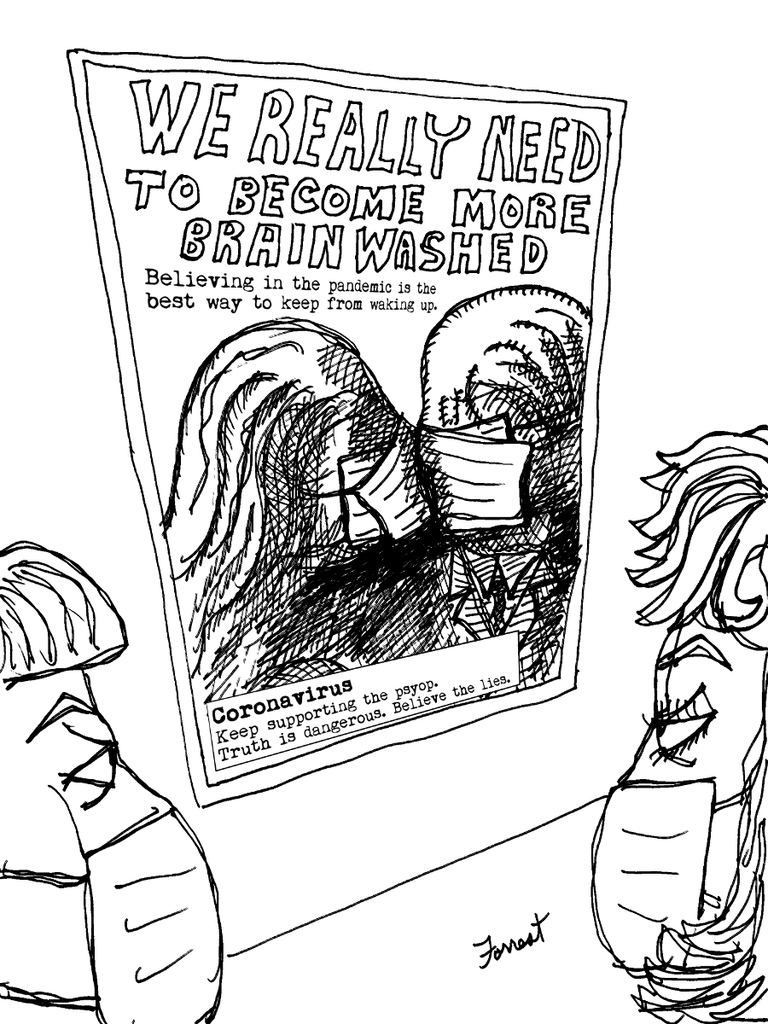
Psyops, or psychological operations, are military actions aimed at influencing the perceptions and attitudes of individuals, groups, and foreign governments.
These operations can include informational activities conducted by government agencies and military forces to induce or reinforce behavior favorable to U.S. objectives.
They involve a range of techniques such as distributing leaflets, broadcasting messages, and using social media to affect the emotions, motives, reasoning, and behavior of targeted audiences.
Psychological Operations (PSYOP): Military operations to influence enemy's state of mind through noncombative means.
Military Information Support Operations (MISO): Modern term for PSYOP, including digital marketing and social media campaigns.
Tactical PSYOPS Team (TPT) Operator: Trained to perform duties in support of full spectrum operations, focusing on face-to-face influence and tactical employment of PSYOPS equipment.
Fly Away Broadcast System: Vehicle-mounted or stationary system to broadcast radio messages or block enemy communications in the field.
Next Generation Loudspeaker System: Portable or vehicle-mounted loudspeaker to blast high-quality recorded audio over large distances.
Psychological operations can be conducted domestically, and there are several examples of such operations.
One example is the use of Psychological Operations (PSYOP) forces to deliver necessary public information to a U.S. audience, which was established in relief activities after Hurricane Andrew in 1992.
Tactical Psychological Operations teams (TPTs) were employed to disseminate information by loudspeaker on locations of relief shelters and facilities.
Additionally, PSYOP forces may be employed domestically for military civil authority information support (CAIS) activities during an emergency under the direction of the Department of Homeland Security.
However, it is worth noting that PSYOP units are prohibited by law from conducting PSYOP missions on domestic audiences, and their primary focus is on foreign audiences.
In Canada, the Canadian Army has a division dedicated to Influence Activities, which includes psychological operations, aimed at informing Canadian and global audiences, influencing foreign audiences, and affecting adversary and enemy decision making.
The division works on the psychological plane, galvanizing support, winning hearts and minds, and shaping perceptions of specific target audiences to achieve victory.
It is also important to note that psychological operations can have a significant impact on domestic populations, and can be used to influence public opinion and behavior.
For example, during the Cold War, psychological warfare was used to manipulate perceptions and influence the behavior of both foreign adversaries and domestic populations.
Similarly, in the age of irregular information threats, psychological operations can be used to counter information threats and influence public opinion.
Overall, domestic psychological operations can take many forms, and can be used for a variety of purposes, including disaster relief, military operations, and influencing public opinion